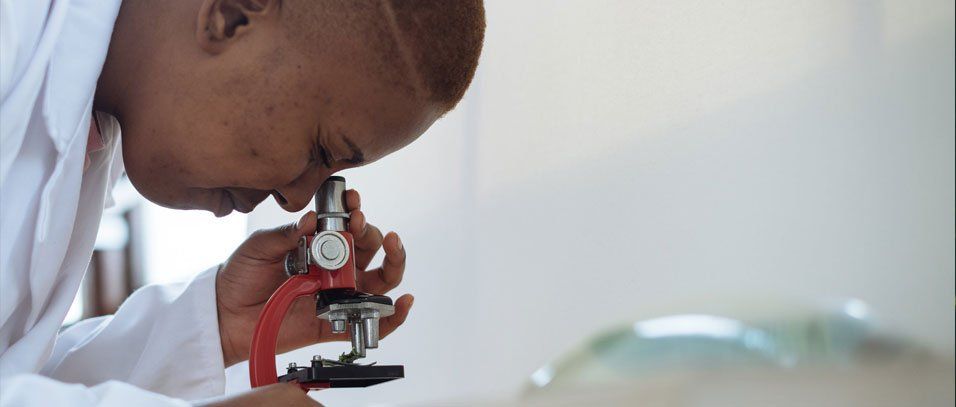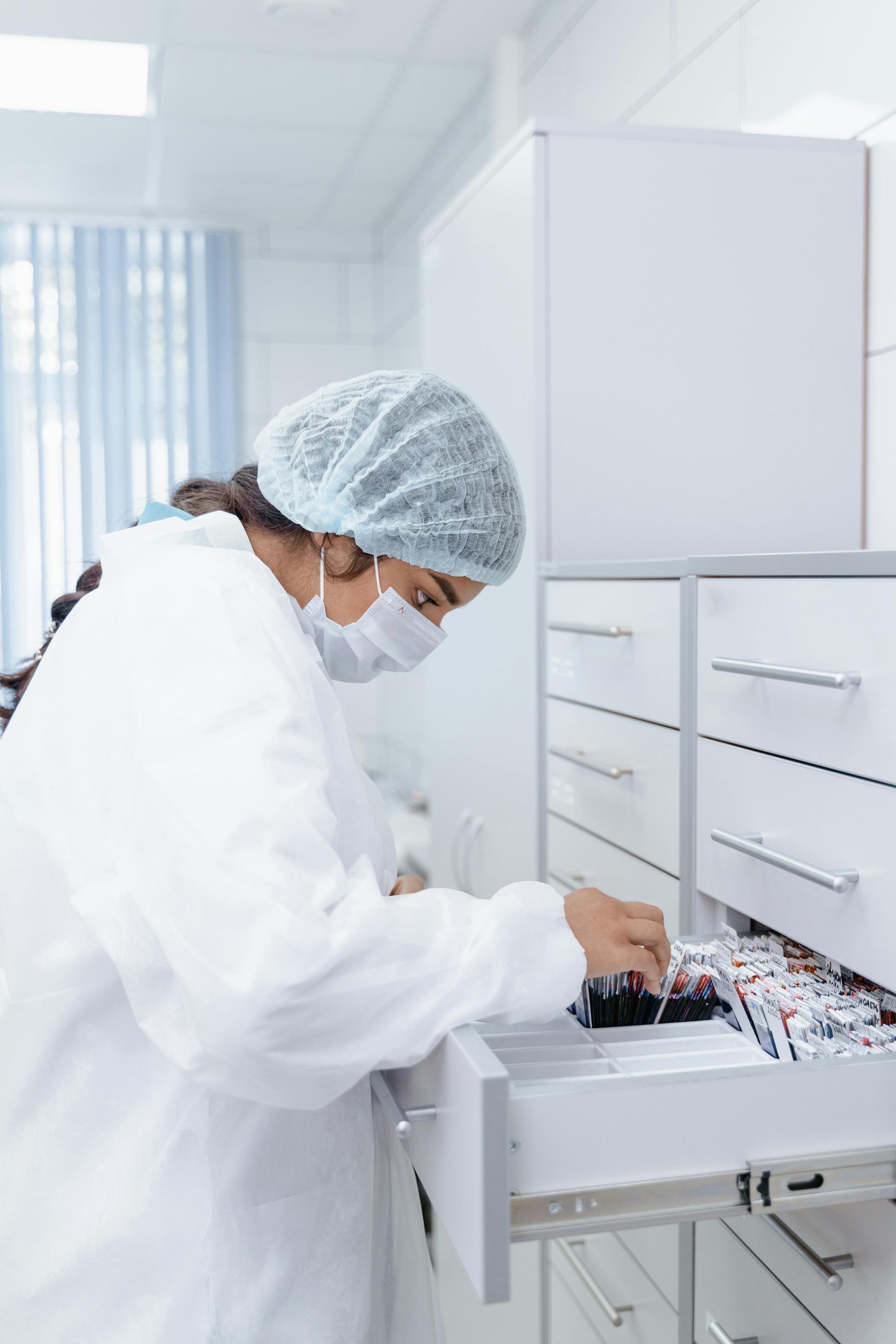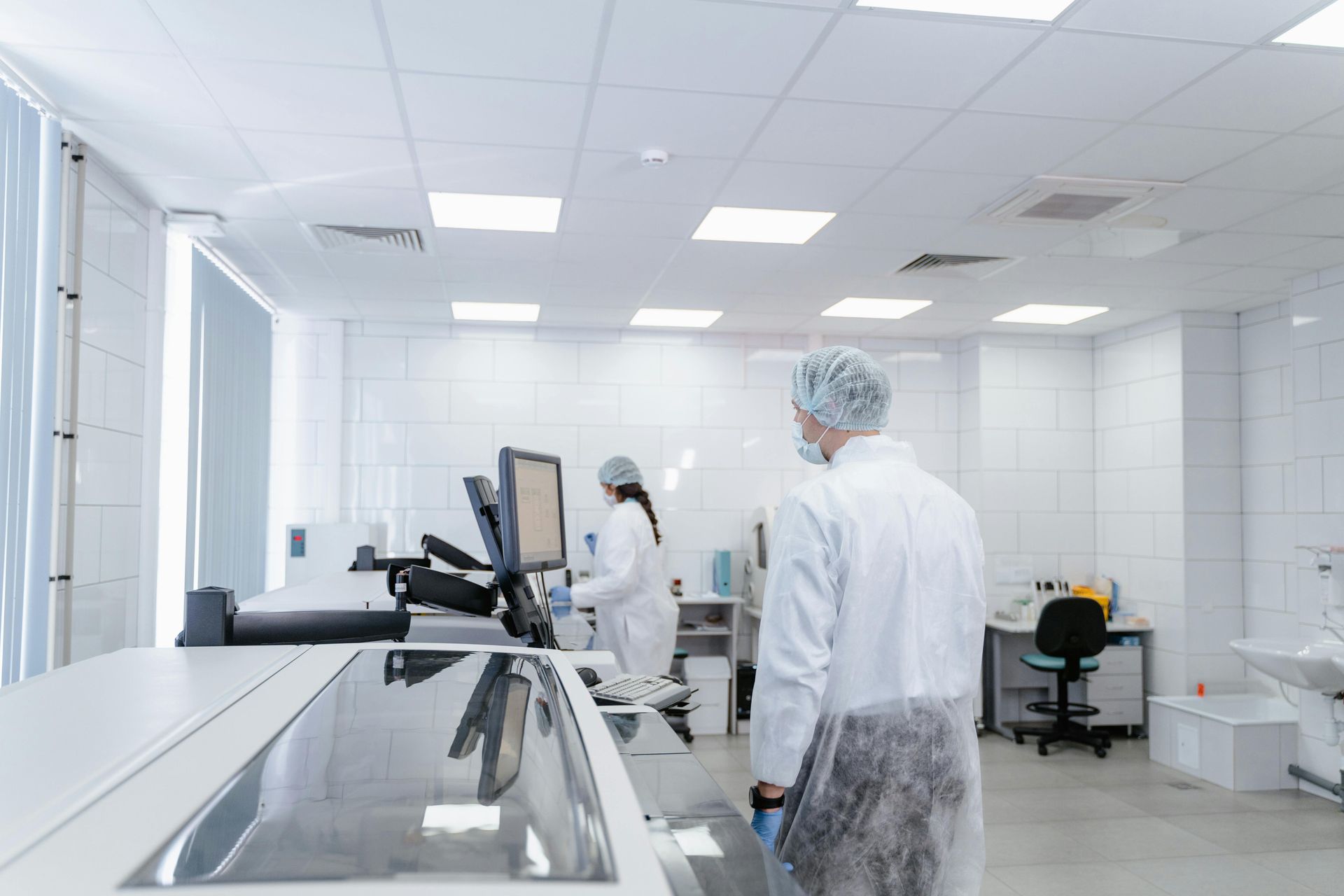Will Your Facility Be Ready for FDA Remote Medical Device Inspection?
The United States Food and Drug Administration (FDA) is responsible for ensuring the safety and effectiveness of new drugs and medical devices. The organization’s ability to undergo comprehensive onsite inspections of pharmaceuticals and other biomedical products has been significantly reduced as a result of the pandemic, as reported by the Government Accountability Office.

As a result, the FDA has begun a series of remote inspections that will enable strong quality control on pharmaceutical products while still staying in-line with COVID-19 protocols.
Is your facility ready for the FDA virtual inspections? Read on to learn more.
What Are the Implications For Pharmaceutical Manufacturers And Facilities?
It’s worth learning about this new remote interactive evaluation program so that your company is able to stay compliant and ensure the safety of your medical devices before and after they hit the market.
Is It Mandatory?
While you have the option to decline a remote interactive evaluation, be ready to face regulatory delays if you do. It’s heavily recommended to accept the session if you have pending applications in the pipeline. Keep in mind that the facility itself cannot request a remote evaluation without being prompted by the FDA.
Types of FDA Inspections
FDA remote inspections, which are now conducted over video conferencing and screen-sharing, can involve a wide array of tests, including:
- Pre- and post-approval inspections
- Licensing tests
- Surveillance inspections
- Compliance checks
- Follow-ups
The way FDA remote inspections are handled is considerably different from that of an onsite inspection
FDA Inspection Checklist
What does the process look like for organizing and undergoing a remote evaluation? The exact series of steps will depend on the nature of the inspection, but you can expect to experience:
- Prior notification: The FDA will decide a remote evaluation is in order and will notify your facility. There will be a virtual meeting to discuss expectations and logistics and to confirm your acceptance of the terms.
- Examination of paperwork: Any relevant documents or records will be reviewed electronically.
- Main inspection: Through live streaming technology, the FDA will examine all your operations, data, and facilities. The FDA will also host meetings to discuss any questions or concerns.
- Corrective actions: Based on issues discovered either in this inspection or in previous sessions, the FDA may require that your business perform corrective actions. It will verify the effectiveness of your actions, most likely in an in-person inspection outside of the remote one.
- Closing debrief: The FDA will verbally update your facility on observations or any outstanding problems during a final meeting with management. Any points discussed are not considered final decisions by the FDA, and the facility is allowed to respond within 15 business days in writing.
It’s worth noting that these remote sessions are not intended to replace regular FDA inspections entirely. Rather, they can be used as a complement to a real inspection or help the approval process for a new drug or medical product. They might also be useful for prioritizing FDA facility inspections.
How To Prepare For Remote Evaluations
Taking a proactive approach to facilitating a successful and seamless remote session helps accelerate the process. Some steps you can take to help include the following.
Get the Technical Components Running
Are your facility’s IT resources strong enough to support a stable video conferencing session? Plan to perform tests and checks so that your technical capacity can support virtual interactions.
Do you have enough bandwidth throughout the facility for the session, especially if you expect to move within the building during the inspection? Will there be an issue with software or firewalls? Are there any security risks to remote conferencing?
Make sure these questions are answered and perform a test run during your preparation phase. You may find that an investment into proper A/V equipment may be in order. Cameras and microphones must be configured correctly to work even in noisy environments within the building.
Finally, keep in mind that the FDA mandates the use of its own IT platforms, such as Microsoft Teams, Zoom for Government, or Adobe Connect. Make sure that your solutions are compatible with these platforms.
Be Able To Share Documentation
The Food and Drug Administration notes that it may request documents during the remote evaluation. Not only do they have to be in a readable digital format (convert your papers into PDFs, for instance), but they must be shared securely.
Check whether your documents are encrypted or otherwise require a password to access. Have them in common readable formats, and be ready to make conversions on-the-fly with proper scanning, printing, and conversion tools.
If you have physical versions of electronic documents, cross-reference them together to make sure everything is complete and up-to-date. Tell your IT department to stay organized as well so that the right document can be brought up in response to any request promptly.
Educate Staff On Inspection Protocols
Your response to FDA remote inspections for drugs or medical devices is only as good as how well your employees understand FDA regulations. Medical training is considered essential for maintaining legal compliance, and there are thankfully classes tailored specifically to inspections and how to undergo them properly. Check also our course spotlight post on what regulators expect and how to prepare for FDA inspections
CfPIE offers “FDA Inspections - What Regulators Expect and How to Prepare” for this reason. Whether you are a QA director, a regulatory manager, an auditor, or any other executive at a facility, this course will teach you all about the FDA’s expectations during a remote evaluation. You will know all the responsibilities, planning, and best practices to keep your organization up-to-date and compliant with important regulations.
The class is accredited by the Regulatory Affairs Professionals Society and is considered a recognized course by PharmaTrain.
Blog Categories
Stay Informed


